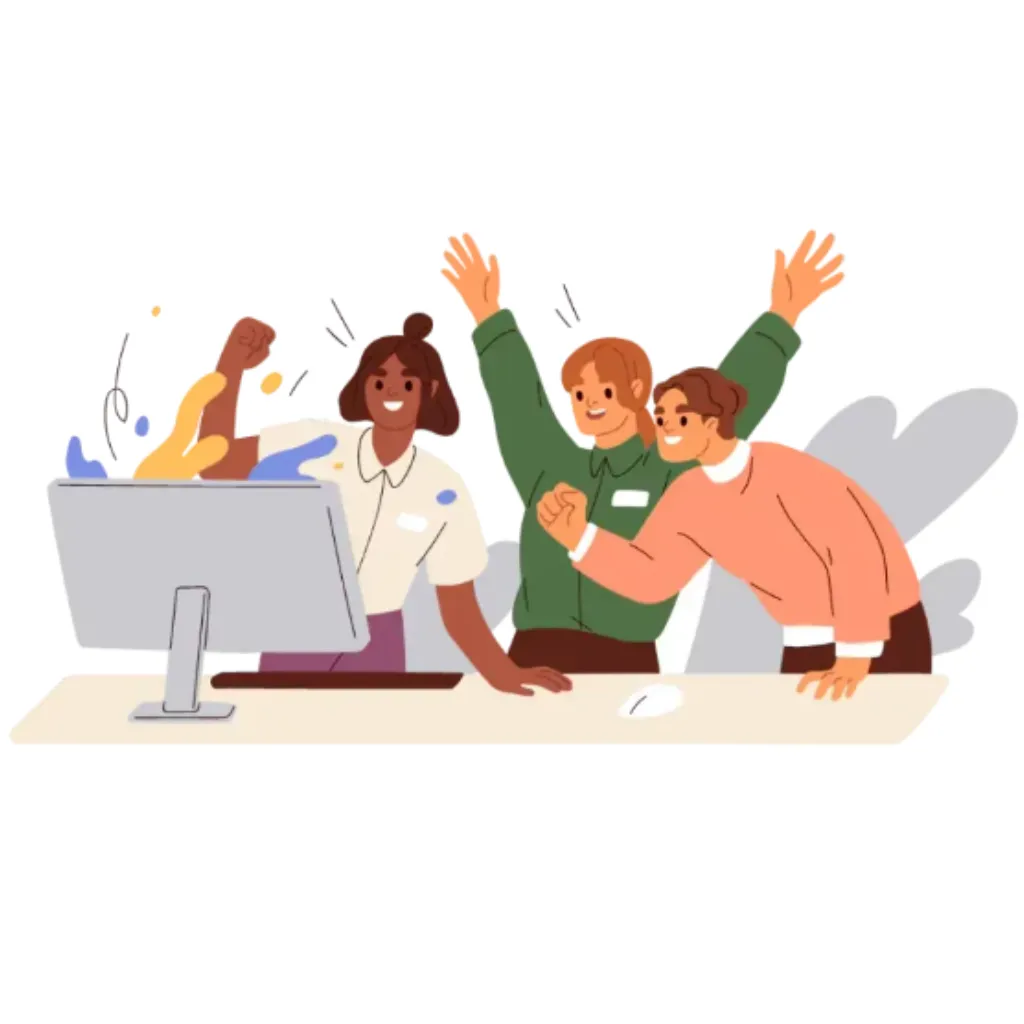RPL QUALIFICATIONS / Diploma of Early Childhood Education and Care
Diploma of Early Childhood Education and Care
Career pathway opportunities – Children’s Services Director/manager, Early childhood education coordinator…
This qualification reflects the role of educators in early childhood education and care who work in regulated children’s education and care services in Australia. Educators at this level are responsible for designing and implementing curriculum that meets the requirements of an approved learning framework and for maintaining compliance in other areas of service operations. They use specialised knowledge and analyse and apply theoretical concepts to diverse work situations. They may have responsibility for supervision of volunteers or other educators.
Early childhood educators work in long day care centres, family day care, pre-schools or kindergartens.
*Discounts are available to eligible individuals*

Key components covered in the course include:
Educational Foundations: Courses in child development theories, learning frameworks and educational psychology provide a solid foundation in understanding how children learn and grow.
Curriculum Planning: Techniques for planning and implementing developmentally appropriate curriculum and activities that support children’s learning across different domains (physical, social, emotional, cognitive).
Health and Safety: Knowledge of health and safety regulations specific to early childhood settings, including first aid, nutrition, and creating safe environments for children.
Relationship Building: Skills in establishing positive relationships with children, families, and colleagues, emphasising communication and collaboration in a childcare setting.
Observation and Assessment: Techniques for observing and assessing children’s development and progress and using this information to plan further activities and support individual needs.
Legal and Ethical Responsibilities: Understanding the legal and ethical responsibilities in early childhood education, including child protection laws, confidentiality, and professional conduct.
Reflective Practice: Encouraging reflective practice to continually improve teaching methods and interactions with children and families.
The RPL Process

Why choose Recognition of Prior Learning?
Recognition of Prior Learning (RPL) can be advantageous for several reasons:
Recognition of Existing Skills:
RPL allows you to demonstrate the skills and knowledge you already possess. This can be particularly beneficial if you have years of practical experience in the field but lack formal qualifications.
Time and Cost Efficiency:
By pursuing RPL, you may be able to complete your certification faster and at a lower cost compared to starting from scratch. This is because you don't need to relearn or retrain in areas where you are already competent.
Career Advancement:
Having a formal qualification can open up career opportunities that may not be available without it. It can help you advance within your current organisation or seek better positions elsewhere.
Industry Recognition:
Employers often value formal qualifications obtained through RPL, as it demonstrates your commitment to professional development and your ability to apply theoretical knowledge in practical settings.
Personal Satisfaction:
Completing a Certificate III in Individual Support through RPL can provide personal satisfaction and a sense of accomplishment. It validates your skills and knowledge, boosting your confidence in your abilities.
Pathway to Further Education:
If you decide to pursue higher education or further certifications in the future, having a Certificate III through RPL can serve as a solid foundation and may fulfil prerequisites or provide credits for advanced courses.
Overall, completing an RPL can be a strategic choice for individuals with relevant experience looking to formalise their skills, enhance career prospects, and gain industry recognition.

